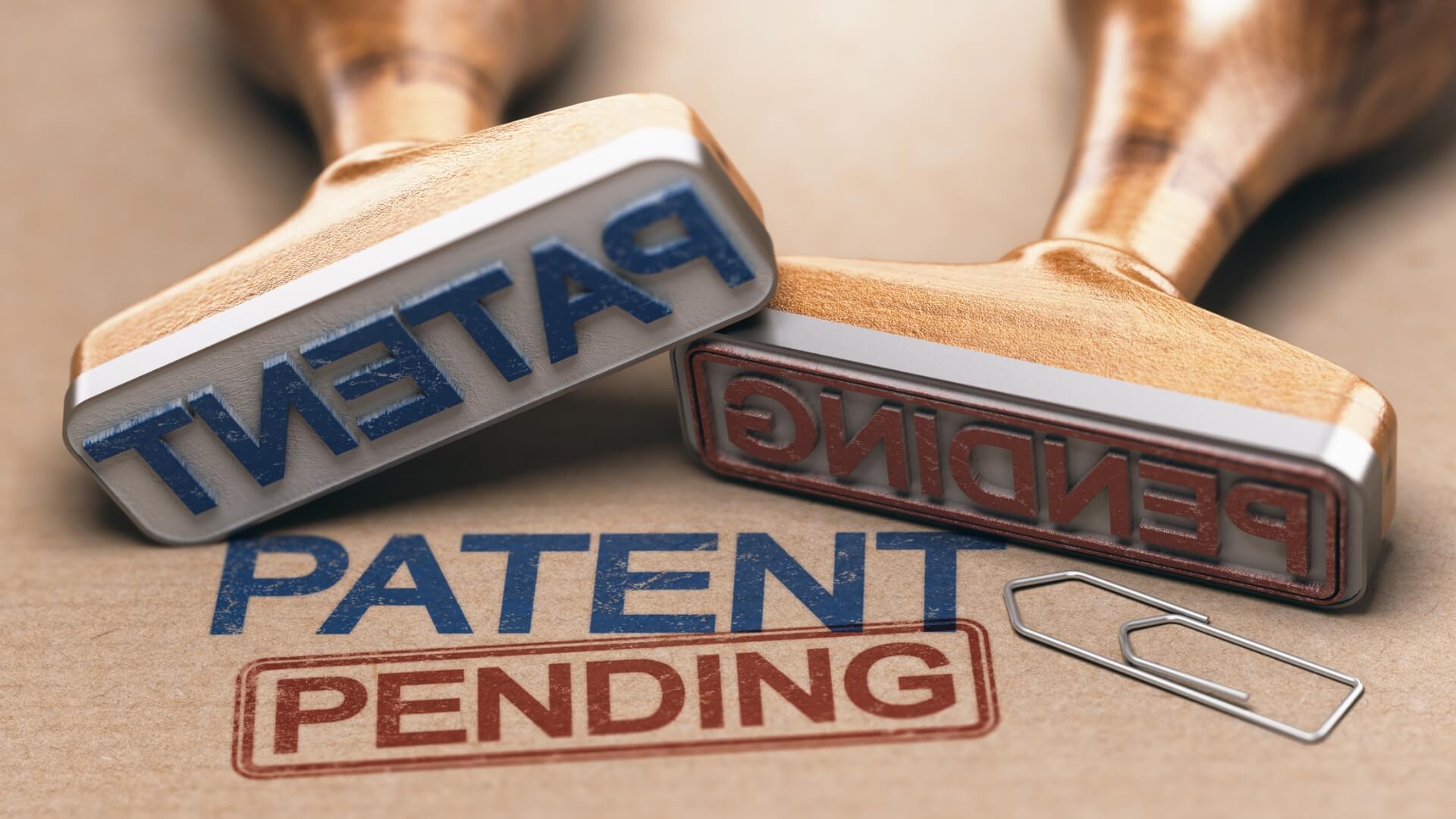The European Commission (EC) aims to make SEP licensing more transparent, but experts are concerned it will harm rather than improve the process. There are three primary groups involved in standard essential patent (SEP) licensing: Standard Development Organizations (SDOs), which develop technology standards; SEP Licensors, who own patents essential to those standards; and SEP Licensees (or implementers), who manufacture products that implement the standards and therefore need to license the essential patents.
SDOs are voluntary groups where companies from specialized industries contribute technology to be evaluated and potentially incorporated into technical standards. These standards allow products from different companies to be compatible and interchangeable. SDOs often have policies regarding if and how participants should identify standard essential patents (SEPs) they own and their willingness to license those SEPs on fair, reasonable, and non-discriminatory (FRAND) terms defined by the SDO.
SEP licensors own patents that are essential to implementing a technical standard. These patent holders frequently participate in SDOs, and agree to license their patents on fair, reasonable, and non-discriminatory (FRAND) terms. Some SEP holders primarily function as research and development entities for their industry. SEP licensees license their patents to companies that make products that implement an industry standard. While some SEP licensees participated in helping the SDO to develop the standard, many licensees did not play any role in the standard’s development.
According to experts, the EC proposed this regulation of SEP licensing in order to increase the likelihood of successful licensing negotiations and improve access to SEP licenses for small and medium enterprises (SMEs). Their stated goal is to make the licensing process more transparent. Under the current SEP licensing system, before these new regulations, both parties commonly use confidentiality agreements during negotiations to promote open dialogue. This prevents the release of commercially sensitive information related to the legal arguments on patent value and enforceability, as well as product details relevant to the negotiations. Here is an opinion piece we found of interest relating to the proposed EU SEP regulation.
The Proposed EU SEP Regulation Would Harm, Rather Than Help, SMEs
In an opinion piece “The Proposed EU SEP Regulation Would Harm, Rather Than Help, SMEs” for IP Europe, the authors suggest the system the EC has proposed for evaluating SEPs would harm SMEs more than it would help them. This despite the fact that simplifying SEP licensing for SMEs was one of the Commission’s justifications for the proposed Regulation. IP Europe has previously discussed that licensing standard essential patents (SEPs) is not a major issue for small and medium-sized enterprises (SMEs) in Europe. The European Commission’s own survey on this topic, which covered only around 1% of potential SME implementers of SEPs, found that most SMEs reported not currently having a license for SEPs and not expecting to ever be asked to take such a license. A similar survey by the UK Intellectual Property Office showed comparable results. In addition, they add that patent litigation related to SEPs rarely involves SMEs. At the same time, SME participation in standard-setting organizations is growing, and Europe’s start-up ecosystem continues to thrive. This further supports the notion that SEP licensing is not an urgent concern inhibiting European SMEs in the current marketplace.
The authors suggest the proposed SEP Regulation will have a particularly negative effect on SMEs that hold SEPs. SMEs that innovate and develop new technologies intended for standardization would need to pay for the registration of their SEPs and essentiality checks. The costs are the same even for those SMEs that simply want to hold patents defensively and do not intend to actively monetise them. Thus, even if an SME holds SEPs solely with the intention of being used for cross-licensing if others approach it, the SME would have to register those patents and submit to essentiality checks before it could license those SEPs or use them defensively in litigation.
SMEs that do want to actively license their SEPs will find the task much more difficult since the proposed Regulation does not provide any protection against stalling or “hold-out” tactics by implementers unwilling to take a license. SMEs would still need to use and pay for the FRAND conciliation, which is just a first step before going to court. The authors point out that SMEs do not typically have the capital or resources necessary to wage expensive and time-consuming litigation. Large implementers wanting to avoid paying licenses for as long as possible are likely to use the FRAND conciliation process to delay licensing and throw up additional hurdles in front of SMEs. Read more on IP Europe.
Disclosure: Fatty Fish is a research and advisory firm that engages or has engaged in research, analysis, and advisory services with many technology companies, including those mentioned in this article. The author does not hold any equity positions with any company mentioned in this article.
The Fatty Fish Editorial Team includes a diverse group of industry analysts, researchers, and advisors who spend most of their days diving into the most important topics impacting the future of the technology sector. Our team focuses on the potential impact of tech-related IP policy, legislation, regulation, and litigation, along with critical global and geostrategic trends — and delivers content that makes it easier for journalists, lobbyists, and policy makers to understand these issues.
- The Fatty Fish Editorial Teamhttps://fattyfish.org/author/fattyfish_editorial/January 19, 2024
- The Fatty Fish Editorial Teamhttps://fattyfish.org/author/fattyfish_editorial/January 3, 2024
- The Fatty Fish Editorial Teamhttps://fattyfish.org/author/fattyfish_editorial/December 31, 2023
- The Fatty Fish Editorial Teamhttps://fattyfish.org/author/fattyfish_editorial/December 28, 2023








